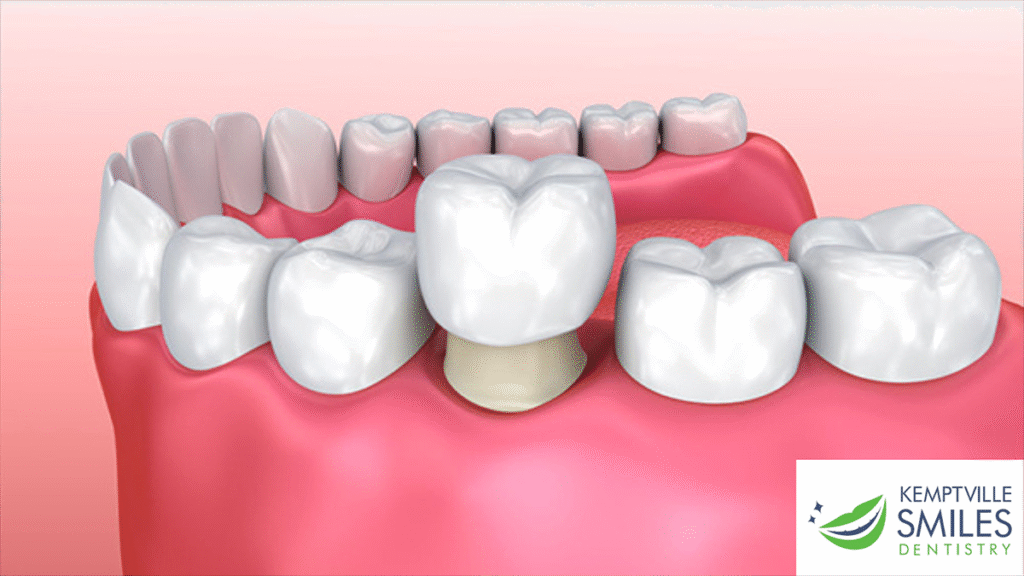What Is a Dental Crown? Do I Need One?

As 2023 ends, this is an ideal time to assess your dental health and think ahead to next year. One area of your life you should prioritize is your oral health. Consider starting the new year off right by making your dental appointments and scheduling any dental treatments you’ve been putting off.
Have you been told you need a dental crown?
A dental crown is essentially a cap that covers damaged or decayed teeth and may be made of ceramic, metal, or resin materials. Crowns are used to restore teeth that have become weakened, broken, or otherwise compromised and need restoration.
So, when might a dental crown be necessary? Your dentist may advise getting one in several scenarios, including:
Have a large cavity that cannot be filled using traditional filling methods?
After receiving root canal therapy, it’s essential that the treated tooth be protected for healing to take place successfully.
Have you struck out or chipped one of your teeth?
Do you have an unattractive or discolored tooth that you would like to enhance the appearance of?
Have a dental implant that needs capping?
Under any of these circumstances, a dental crown can provide your tooth with added strength and protection while simultaneously improving its appearance.
How do I go about getting a dental crown?
Initially, your dentist will examine your tooth to assess if a crown is necessary and prepare your tooth by extracting any decayed or damaged areas as well as shaping your tooth to fit with its crown.
After taking an impression of your tooth, they’ll send it off to a dental lab where a crown will be made specifically for it. Meanwhile, you will wear a temporary one until your permanent one arrives.
Once your permanent crown is ready, you’ll return to your dentist’s office so they can place it. They will remove the temporary crown and make any necessary adjustments before cementing it onto your tooth.
Notably, getting a dental crown is neither quick nor inexpensive. Depending on the type of chosen crown, costs can range anywhere from several hundred dollars up to several thousand. Furthermore, this process could take multiple weeks from start to finish.
Dental crowns may seem costly and time consuming; however, they can actually be an invaluable treatment option. Dental crowns help avoid more extensive dental work in the future by strengthening and protecting weakened teeth. Additionally, they improve your smile by covering misshapen or discolored ones.
As is always the case, speaking to your dentist about whether a dental crown would be beneficial is the most reliable way to establish its suitability for you. They’ll examine your teeth and offer recommendations based on what works for your specific circumstances.
While you wait, there are steps you can take to maintain the health of your teeth and reduce the likelihood that’ll you need crowns in the first place. Brushing twice daily, flossing daily, and visiting the dentist for cleanings and checkups will go far toward protecting against tooth decay and damage.
Take some time to assess your dental health. If any problems exist with your teeth, don’t hesitate to make an appointment with a dentist right away. With proper care and consideration, your smile will continue to look its best for years and years!
